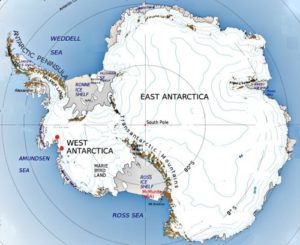We live in complicated times, immersed in a society of incessant, loud, conflicting voices. Nowhere is this more true than in the discussion of the impact of carbon dioxide on the planet, oceans, better known as “climate change.” When interested citizens try to get to the bottom of such a highly complex issue, the standard, and proper, rejoinder is: “Listen to the Experts.”
Although that sounds like common sense, such advice is not as simple as it’s made out to be. For millennia, it was safe to assume that mainstream scientists (as a matter of principle) faithfully adhered to high scientific standards (see below). In our lifetime that has dramatically (and disappointingly) changed.
Today there is an ever-increasing number of scientists driven by political agendas, peer pressure, job security, etc. rather than scientific mores. This change has extraordinarysocietal implications — and none of them are beneficial.
…
…
Real Experts on a science-related subject have six distinguishing characteristics, which are really no more than the traditional scientific standards:
1 – They have a high degree of competence in the topic at hand.
[For example, out of 1000 people, they would know more than 999.]
2 – They have a comprehensive understanding of the topic.
[They are not one of the blind people examining just a part of the elephant.]
3 – They are objective in their conclusions and recommendations.
[They are not influenced by economic incentives, or undeclared political agendas.]
4 – They are genuinely open-minded regarding their positions.
[They encourage other parties to critique their analyses and conclusions.]
5 – Their research and data are transparent.
[No pertinent information is hidden behind such claims as “work product.”]
6 – Their research and data are based on empirical evidence.
[Real world data always takes priority over computer-generated information.]
…

